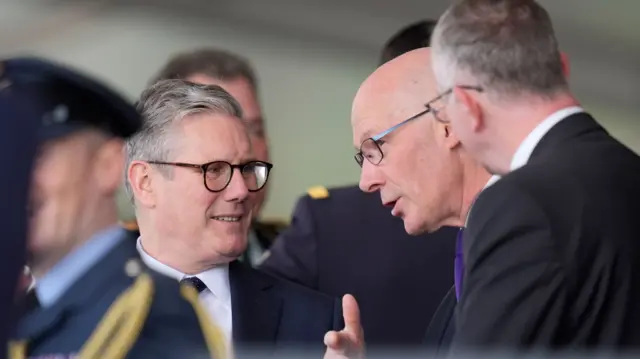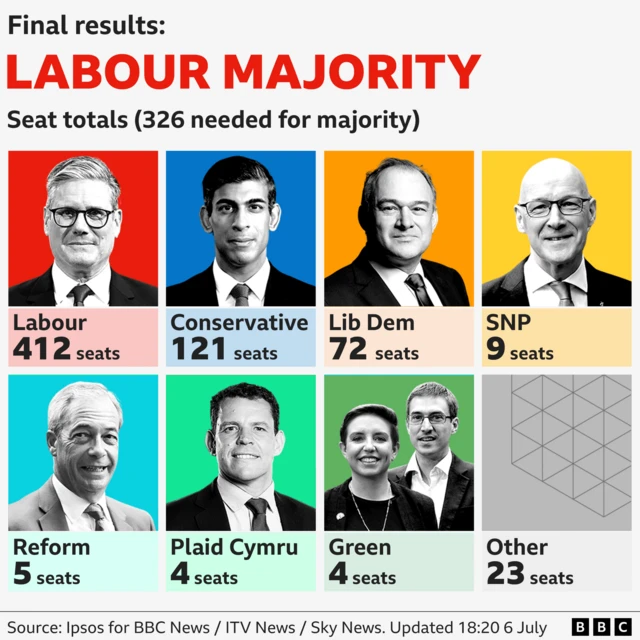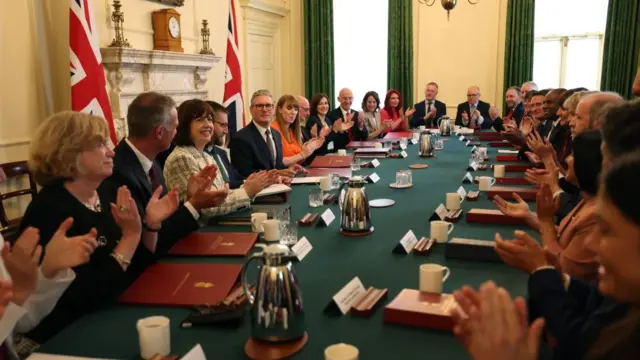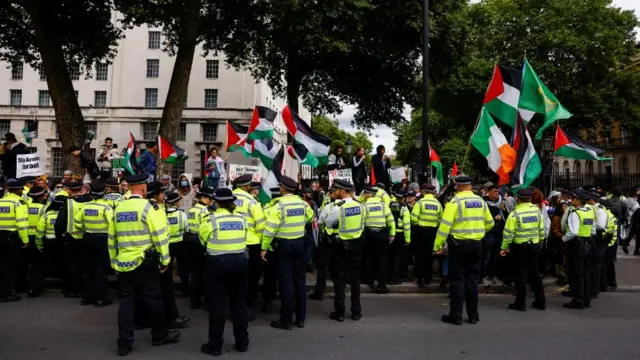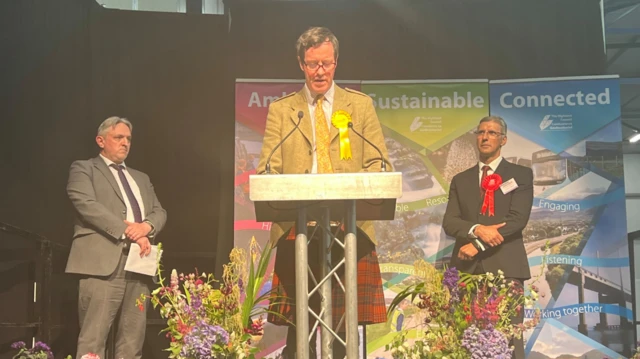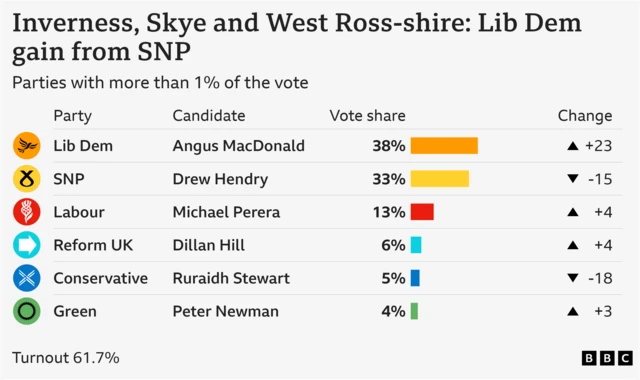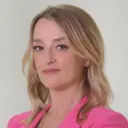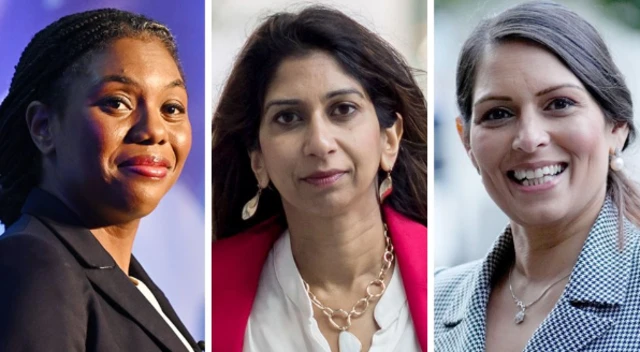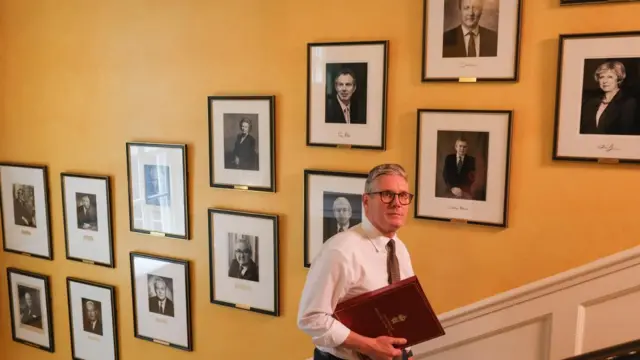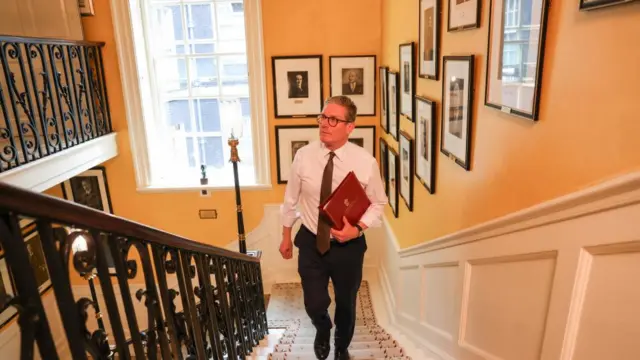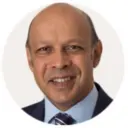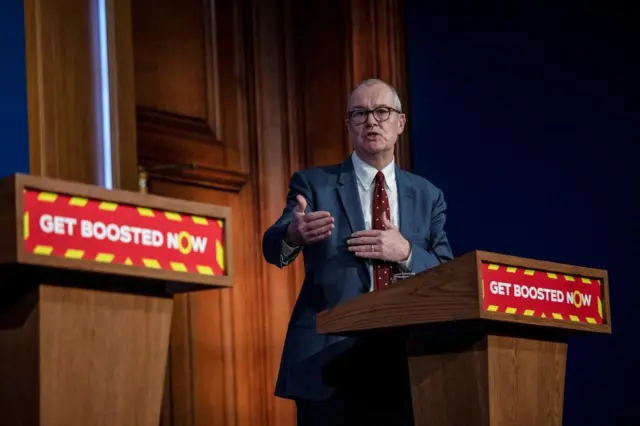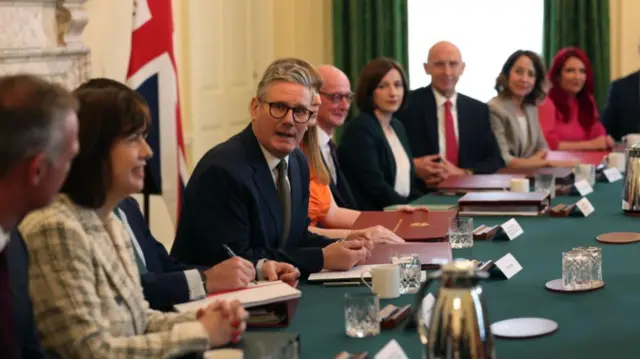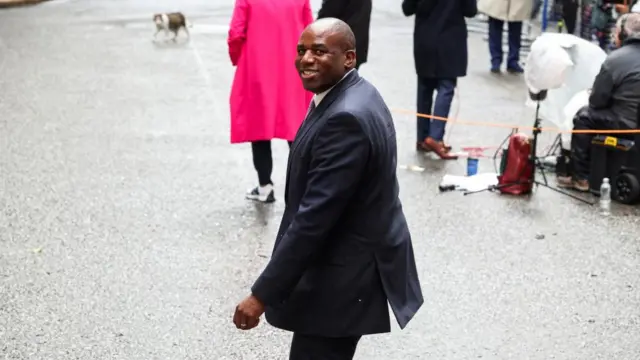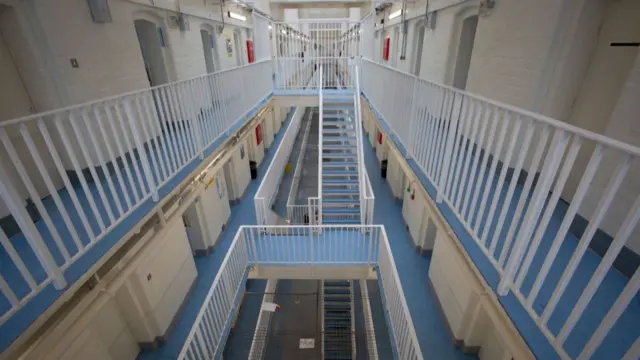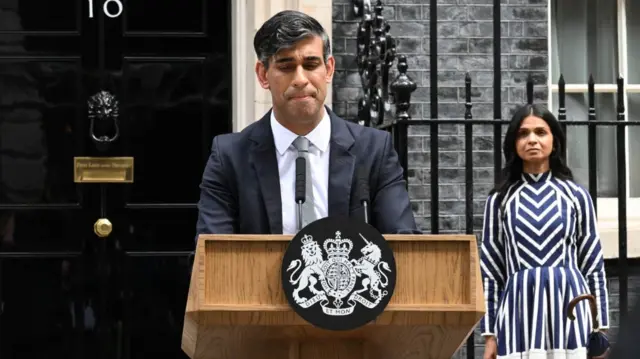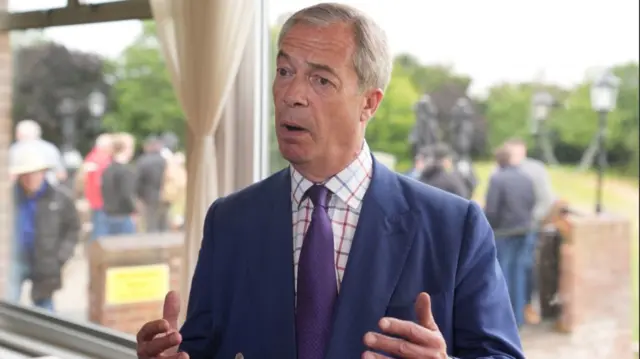Starmer appoints two ministers from Blair and Brown erapublished at 05:17 BST 7 July 2024
 Image source, Getty Images
Image source, Getty ImagesDouglas Alexander is one of the new Labour MPs, while Jacqui Smith will be made a peer
Prime Minister Sir Keir Starmer announced a new string of ministers last night, including two who were former cabinet members during the Blair and Brown era:
Jacqui Smith is returning as an education minister - a brief she first covered 25 years ago, under then-PM Tony Blair, before later becoming the UK's first female home secretary.
She's not been elected as an MP so will be given a peerage, join the House of Lords and then re-enter government.
Douglas Alexander held several cabinet roles in the last Labour government under Gordon Brown and has now been appointed as a business minister in Starmer's cabinet, after returning to Parliament as an MP.
And Ellie Reeves, the sister of Chancellor Rachel Reeves has also been appointed as minister without portfolio, and Labour Party chair. More here.

